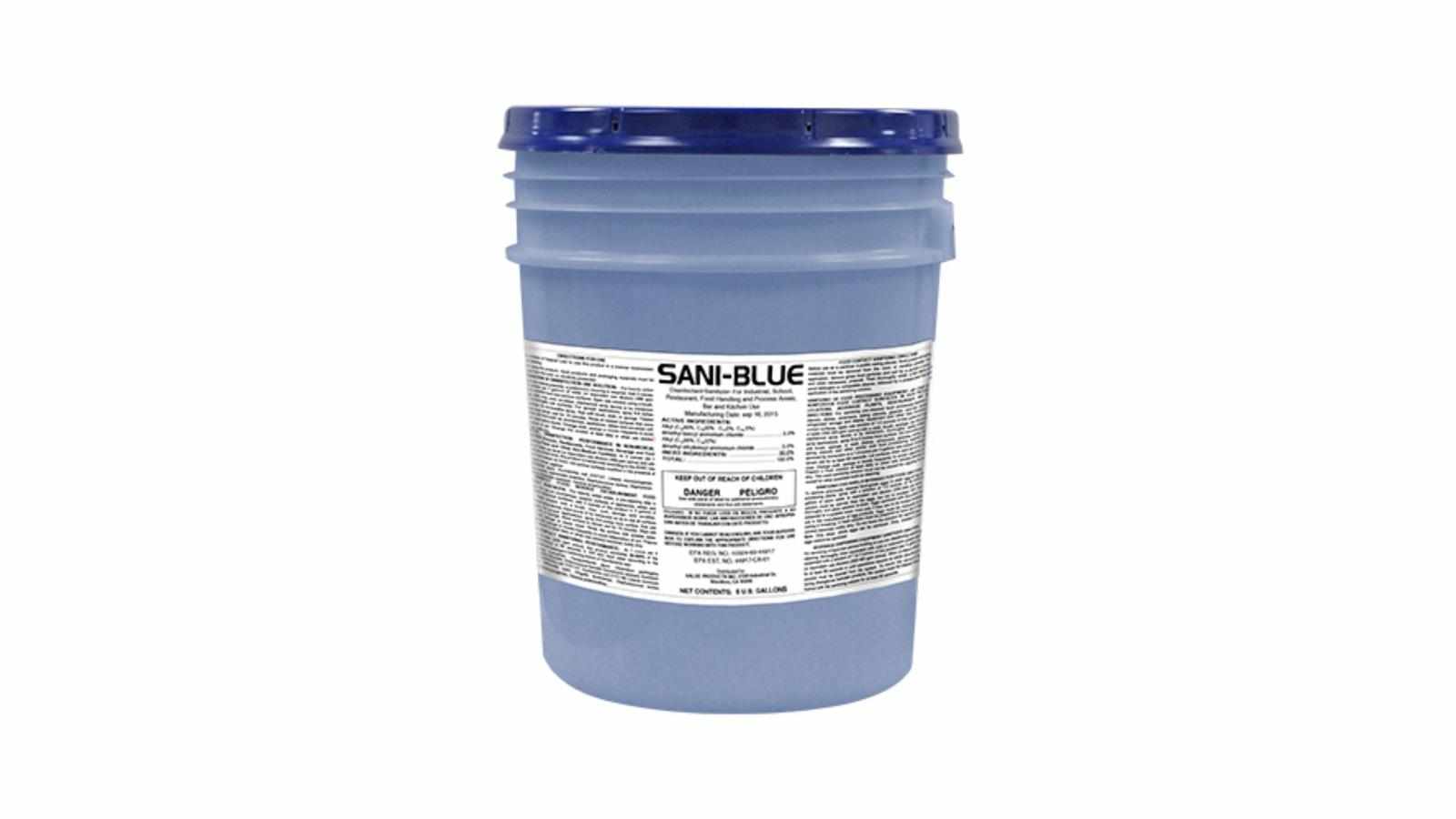
Parking lots, loading docks, and driveways in high-traffic zones can collect more than 1,000 pounds of dirt and grime each year. Left unchecked, this buildup doesn't just look bad—it shortens the lifespan of your asphalt and increases maintenance costs. So, how often should cleaning happen to avoid major problems?
Let’s break it down step-by-step and look at what affects cleaning frequency, what to use, and why the right asphalt cleaning chemicals make all the difference.
Why Cleaning Matters for High-Traffic Asphalt
When vehicles constantly move across asphalt, oil, fuel, and rubber residue build up fast. Add in rain, dust, and debris, and you’ve got a dirty, slippery, and potentially dangerous surface. Dirt also hides small cracks that grow into costly damage over time.
Clean asphalt not only improves appearance—it also prevents early deterioration, reduces liability risks, and saves money on repairs. Skipping this step can cost far more than regular cleaning.
How Often Should You Clean?
There’s no one-size-fits-all schedule. However, general guidelines can help:
High-traffic commercial areas: Every 1 to 2 weeks
Busy industrial yards: Weekly or bi-weekly
Public parking lots: Bi-weekly to monthly, depending on foot and vehicle traffic
Gas stations or loading zones: Weekly or sooner if spills occur
The more vehicles your surface handles, the more often cleaning should happen. Weather plays a role, too. For example, rainy seasons may require more frequent cleaning to prevent slippery surfaces.
Spot Cleaning vs. Full Surface Cleaning
Not every cleaning has to be deep and time-consuming. You can break cleaning into two types:
Spot Cleaning: Great for targeting oil spills, tire marks, or sticky residues. This can be done quickly and helps prevent permanent stains.
Full Surface Cleaning: This removes dirt from the entire area, clearing away grime that accumulates gradually. It’s ideal for monthly or bi-weekly cleaning, especially in areas with constant traffic.
Use a combination of both methods to keep things under control and extend your asphalt’s life.
What Happens If You Don’t Clean Often Enough?
Skipping cleanings may seem harmless at first. But over time, dirt traps moisture, oil softens the asphalt, and stains become harder to remove. Eventually, potholes and cracks form, leading to costly resurfacing.
Regular cleaning removes harmful buildup and keeps the surface looking fresh. It also helps maintain good traction, which is essential for safety—especially in high-traffic commercial areas or warehouses.
Choosing the Right Asphalt Cleaning Chemicals
Not all cleaners are created equal. Basic soap and water might help with dust, but they don’t stand a chance against stubborn oil, tar, or tire buildup. That’s where asphalt cleaning chemicals come in.
These products are specially designed to cut through grease, grime, and petroleum-based substances without damaging the surface. Some formulas even include water softeners and degreasers for extra cleaning power.
For example, if you run a facility with forklifts and delivery trucks moving daily, you'll need a strong cleaner that breaks down layers of residue effectively—something much more powerful than a mop and bucket.
Keep It Safe and Effective
Cleaning asphalt doesn’t have to be complicated, but it does need to be done the right way. Always:
Use chemicals that are safe for asphalt
Follow product instructions for dilution and application
Use proper gear, like gloves and eye protection
Rinse the surface well to remove leftover residue
Doing these things protects both your staff and your property.
Final Thought: Choose the Right Tools for the Job
If your asphalt surface takes a beating every day, it's time to upgrade your cleaning routine. A powerful industrial asphalt cleaner from Encompass Supply Solutions can remove thick layers of dirt and grime that standard products miss. It’s not about scrubbing harder—it’s about using the right chemical formula that does the work for you.


Write a comment ...